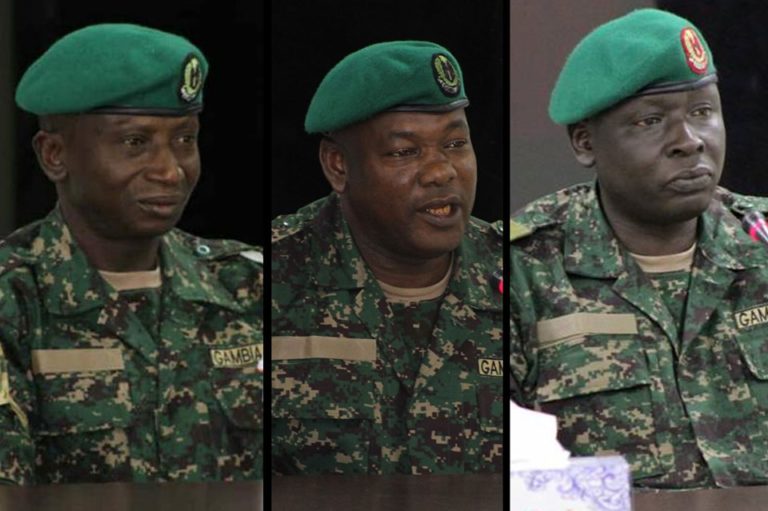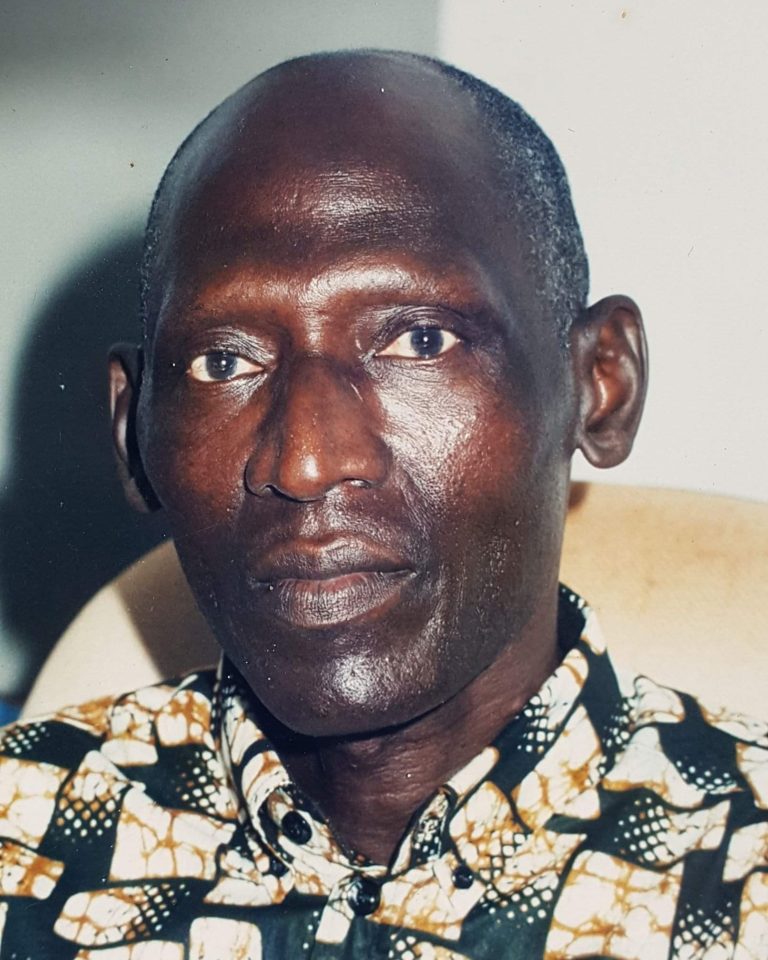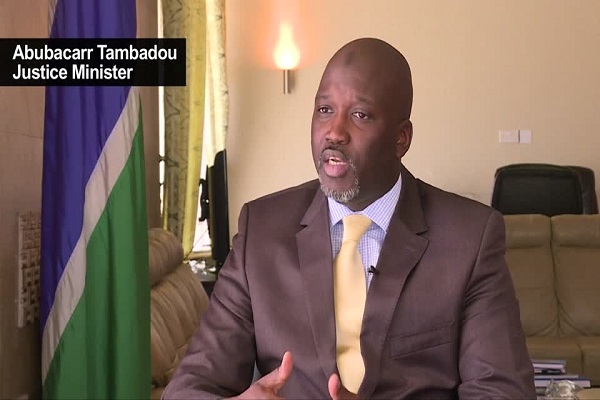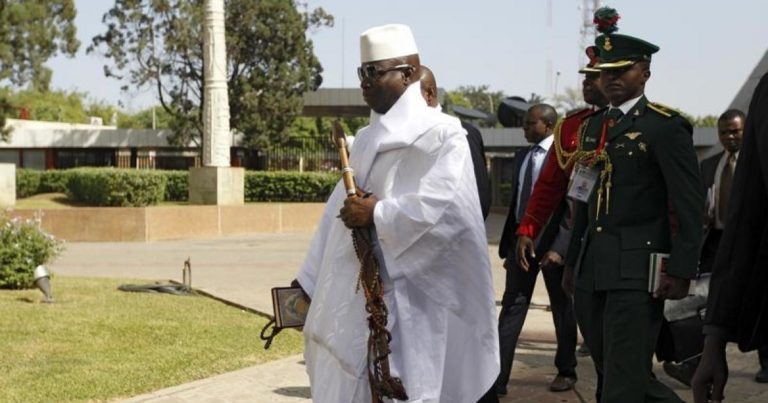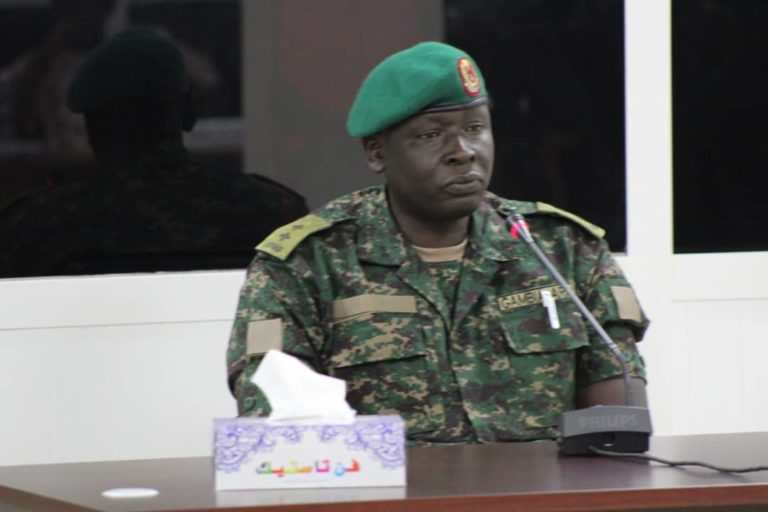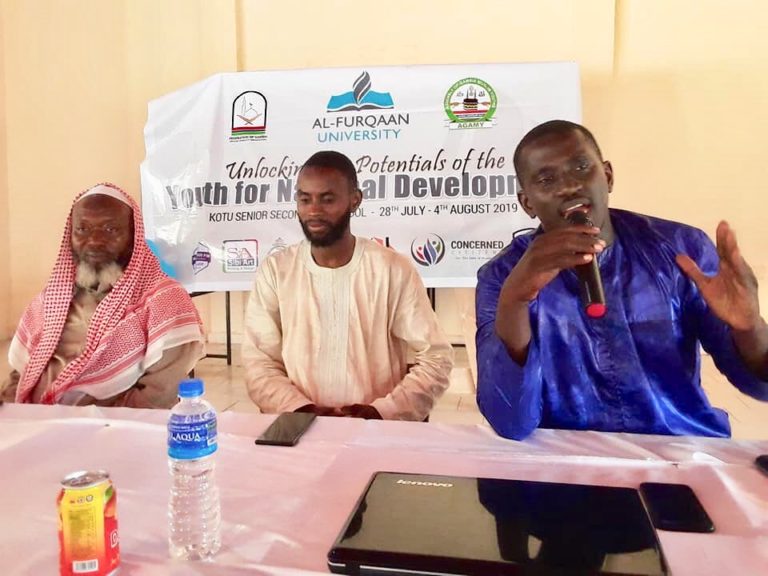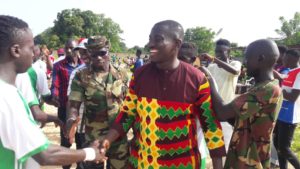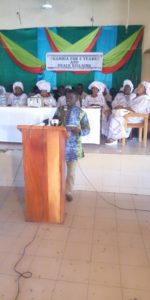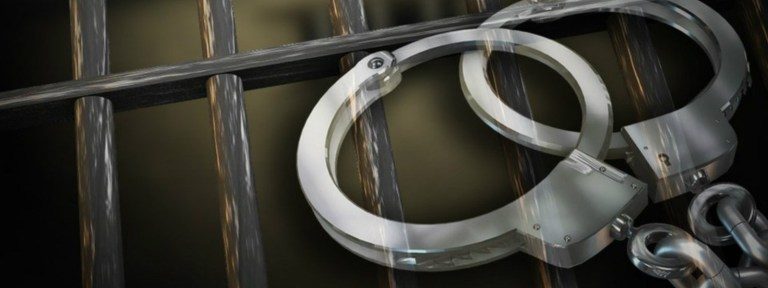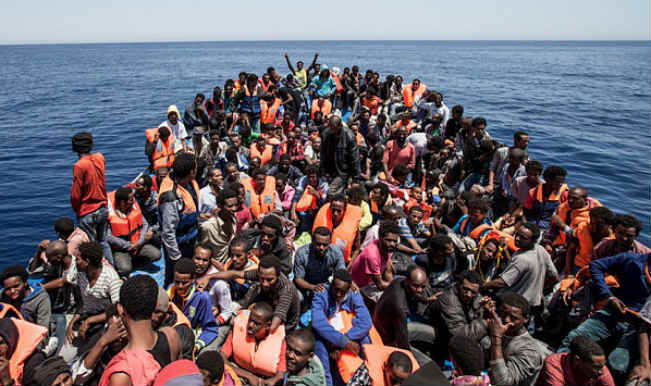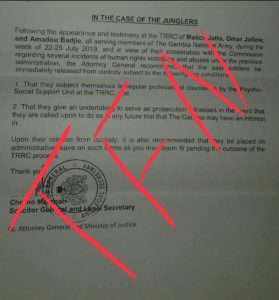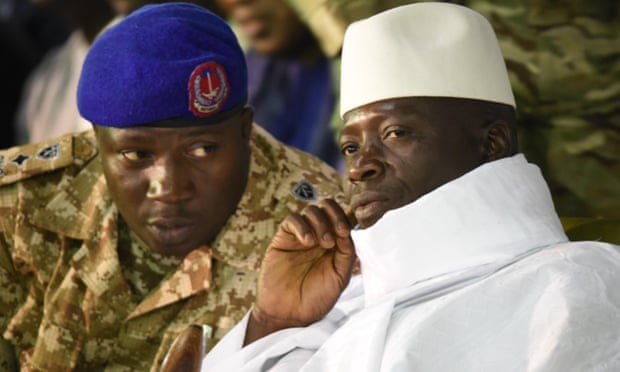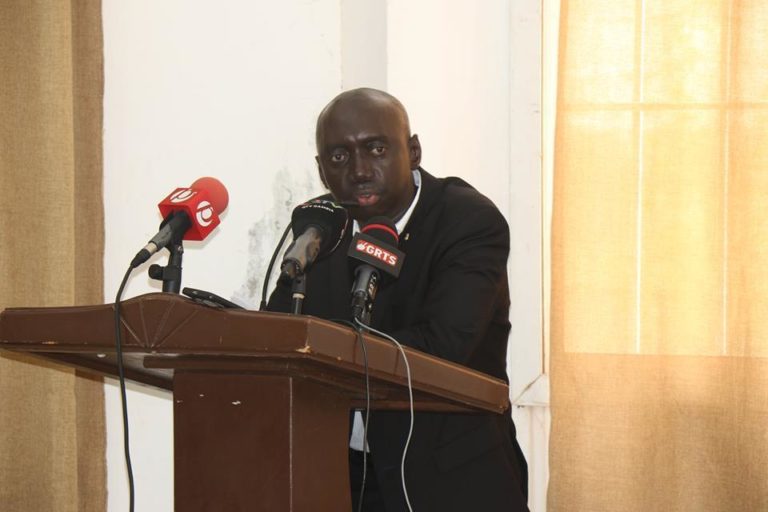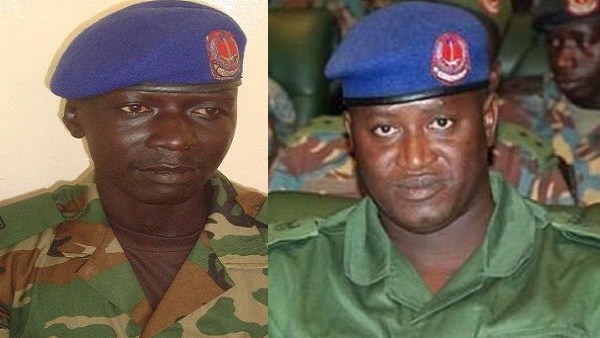By Kemeseng Sanneh and Sulayman Bokar Bah
One would expect that central to the role of a National Assembly in this 21st century is to make progressive laws that promote equality, freedoms and dignity of the citizens of a country. Additionally, a National Assembly is expected to hold the executive to account, and ensure that the executive utilises the wealth of a country for the welfare of the citizens. This is why the separation of powers and the independence of a National Assembly is a fundamental democratic principle.
However, where there is an executive that is bent on utilising all means to perpetuate itself in power, and to be above all mechanisms of accountability, such an executive could do anything under its powers to thwart all national institutions, including the National Assembly that is meant to scrutinise it, as well as undermine all legislative instruments that could be utilised to hold it to account.
This was the reality in The Gambia under Yahya Jammeh`s APRC regime, where our National Assembly supported and enacted bad laws including an Indemnity Act, where heinous crimes were said to have been committed. The Act was passed by the National Assembly in attempt to retroactively indemnify the alleged perpetrators of those heinous crimes. In this regard, this is also why the quality of National Assembly Members is paramount in determining the separation of powers and in enforcing the independence of the National Assembly from the executive.
While serving in the National Assembly during Jammeh`s era, Sidia Jatta demonstrated quality representation of The Gambian people. He battled very hard against such an unjust system in an APRC dominated National Assembly, which supported the enactment of bad laws.
Hon. Jattas role and commitment to serve in the national interest, guided by conscience is evident in his National Assembly floor statements on bills and policies that are incompatible with best standards of democratic practice. Although, categorised as a minority voice in the National Assembly, Hon. Jattas efforts to ensure that progressive legislations are enacted and the executive is held accountable on its excesses was an enormous challenge within a majority of representatives who dare not to speak against executive wishes.
For example, in April 2001, the 1982 Indemnity (Amendment) Act was brought to the Assembly for an amendment with the aim to absolve law enforcement officials of any civil and criminal liability from any consequential harm or death caused by the use of force in ‘unlawful assemblies, riotous situations, or public emergencies’.
Hon. Jatta used different kinds of arguments to make his case against the Indemnity Bill, outlining that there are serious reasons for considering the Bill as unjust, an attempt to cover up to illegalities committed against citizens and an assassination to fundamental rights.
BACKGROUND OF THE 1982 INDEMNITY ACT
In his eloquent, Nyerere style accent, Hon Sidia Jatta provided a historical overview of the 1981/1982 bloody uprising, in relation to human rights violations of the past. This he described as the ‘so-called Indemnity Act’.
“Fundamental rights and freedoms of the people including at the time the leader of the opposition, and with him many others to the point that even elections were conducted when he was imprisoned, and he was a candidate in the election” recounted Hon. Jatta.
He told legislators that “people’s rights were seized, tortured,” and “were put in jail without trial for months, for years.” According to Hon Jatta, fundamental freedoms were seized from 1981 to 1985, which was supported by the 1982 Indemnity Act. He went on to say that “the Imam of Sukuta was jailed; elders of 50 years and above were in jail and some died there, as a result of that so-called indemnity Act.”
An icon of nationalists liberation style of politics, Hon. Jatta argued that legislator`s support for the Bill will be considered as a material cooperation to doing something unjust. He reminded his colleagues in the Assembly that their role is to promote and protect fundamental freedoms, which the constitution surely guaranteed. And, suggested that this can lead to participatory national development.
The other dimensions of Hon Jattas statements offered insights to the substantive issues of the Bill, including its variance with Constitutional supremacy, principles of natural justice and principles of reconciliation. Those statements and foresight by Hon Jatta are vindicated as the Indemnity (Amendment) Act was declared ultra vires (beyond the powers of the National Assembly to enact) in 2002 by The Gambias Supreme Court.
15 years later, The Gambia witnessed the establishment of a truth and reconciliation commission, which Jawara’s PPP regime could have established in the wake of the 1981 attempted coup, instead of trying to indemnify alleged perpetrators of crimes, after the a crimes has already been committed.
CONSTITUTIONAL SUPREMACY
Based on his mastery of Gambian Constitutional matters, the former University of London Research Fellow pointed out the Indemnity Bill`s inconsistency with relevant provisions and principles of the Constitution.
Hon. Jatta argued that the Constitution is the supreme and fundamental law of the Gambia, as set out under section 4 of the 1997 Constitution. Therefore, any law that is inconsistent with the Constitution shall be null and void.
For Hon. Jatta, the Indemnity Bill was designed to flout the authority of the Constitution, which they as National Assembly Members swore to defend. In order words, Hon. Jatta was telling his National Assembly colleagues that law makers should not be law breakers, as any law maker who agrees to the enactment of a law that is in consistent with the Constitution is a potential law breaker.
PRINCIPLES OF NATURAL JUSTICE
Jatta resounded to the Assembly that “laws are meant to serve people, the nation, not just a particular group, not individuals. Laws are meant to be universally applicable. Everybody in the country should benefit from laws made in the interest of this country, not just for a group of people.”
Jatta`s conception of the law is similar to early theoretical underpinnings of the principles of natural law. For instance, Aristotle, an early Greek philosopher posited that laws must be for the common good of society. Another natural law theorist John Finnis argued against unjust laws and stated that if a ruler creates such laws, which are not for the ‘common good’, they lack authority.
For Hon. Jatta, the Indemnity Bill was also discriminatory in the sense that it is designed to protect state agents from being held accountable for their actions, even killings, which would be criminal if committed by non-state actors.
Consequently, Hon. Jatta told the National Assembly Members at the time, that they should not accept to make laws that are intended to protect certain individuals. More so, they should not support a Bill that is inconsistent with the fundamental principles of the Constitution, which guarantees fundamental rights.
INSIGHTS TO THE BILL
As discussed earlier, the overarching objective of the Bill was to exonerate any public official including law officials enforcement from civil or criminal liability in dealing with situations they considered to be unlawful assemblies, riotous, or public emergencies. In this regard, the bill justified the reasonable use of force that could cause death or consequential harm.
However, central to Hon. Jatta`s opposition of the Bill, is its justification of the use of force, for the deprivation of life under circumstances set out by the Bill.
He argued that pursuant to section 18 of the 1997 Constitution, “no person shall be deprived of his or her life intentionally except in the execution of a sentence of death imposed by a court of competent jurisdiction in respect of criminal offence for which the death penalty is under the laws of the Gambia as they have effect in accordance with subsection (2) and of which he or she has been lawfully convicted.”
According to Hon. Jatta, only the law courts have the capacity to determine what is ‘reasonably justifiable’ for the deprivation of human life. This suggests that Hon. Jatta is in favour of the realistic theory of legal interpretation, which is about relying on a legally designated authority for authentic legal interpretation, which in this case is the law court.
According to Hon. Jatta, the Bill has no role to play other than to seize fundamental rights and freedoms. He suggested that the Bill sparks the prospects of security officials taking advantage of the law to commit unlawful acts and violate fundamental rights. Additionally, he saw the Bill as leaving the security forces with too much of latitude for excessive use of force, which is a “licence to kill.”
PRINCIPLES OF RECONCILIATION
Honourable Jatta offered a brief rebuttal to the Secretary of State`s (Minister) invocation of national reconciliation as a principle the Bill seeks to promote in The Gambia. Hon. Jatta advanced that the Minister made a desperate attempt to rely on a biblical definition of reconciliation in promoting the Bill. For Hon. Jatta, truth and justice are the basic prerequisites to the principle of reconciliation.
This sound and firm legal reasoning floor statement of Hon. Jatta, is in line with international norms and standards, which puts emphasis on investigating the truth, before delivering justice and then reconciliation can take effect.
He asked “how can there be reconciliation without admission of the truth.” Hon. Jatta told the Assembly that “if you pass this Bill, you are in fact putting people apart because you are neglecting justice.” In this regard, his contention is also underpinned with earlier scholarly deliberation that knowing facts, before reconciliation is significant in nation building.
Reconciliation has become an applied legal concept in host of countries that deals with mass atrocities of the past. Hon. Jatta`s notion of reconciliation is supported by earlier cases as in South Africa, whereby the principle of reconciliation was used not as a form of punitive justice, but as a means towards forgiveness in post-Apartheid era.
For there to be reconciliation, the South African law provides for the investigation and establishment of a complete picture as much as was humanly possible, looking into the nature, causes and extent of gross violations of human rights committed during the Apartheid era. This includes establishing the impact of gross human rights violations on survivors, the fate of those who disappeared, create a mechanism to enable the victims relate the violations they suffered, grant reparation to them and families of the disappeared, report to the Nation about the violations that occurred, and by revealing the truth, to prevent a repetition of the acts.
LEGAL RING FENCE
The Indemnity Bill was rushed to the Assembly with a certificate of urgency following the 10/11 April 2000 student protests, Hon. Jatta did not minced his words in regards to the suspicious and cynical behaviour of the regime in his firm style of articulation.
“Because something is happening in the courts, this bill is intended to put a stop to that and this is what we cannot precisely do” said Hon. Jatta.
Although he wasnt specific about what was going on in the courts, or perhaps sounded in riddles, he couldnt hide his assumption of the reasons it was brought to the Assembly. Hon Jatta continued: “The need for it has arisen because consciously or unconsciously it is being admitted that lives, rights have been flouted, fundamental rights and freedoms have been flouted. And to cover that up you have to create a legal fence.”
Thus Hon. Jatta attributed this to creating a ‘legal fence’ for security agents, but explicitly elaborated on the Bill`s negation of the principles of constitutional supremacy and equality before the law. For these reasons he said:
“We cannot do that. Who are we to do that? In defense of the constitution, no I think we are joking.
“Mr. Speaker, I want people to hear me in good faith because we have all sworn to defend this constitution.
“I said it here and I repeat it. I am prepared to defend this constitution to extend of giving my life.”
For Hon. Jatta, the irony was that a Commission of Enquiry was created under section 200 of the Constitution to investigate events of 10/11 April 2000 students protests, but a Bill was at the National Assembly to indemnify government agents in connection to their actions during the student protests.
He argued that by virtue of Gambia`s membership in the international community and international conventions it is a State party to, the Gambia has certain legal obligations to protect and fulfill basic rights. Hon. Jatta expressed his dissociation to the Bill, which he argued has flouted basic principles and rules of international standards.
He said the Bill is a “denial of justice”. And, added that “people had rights, before the existence of this Bill. People had certain rights and those rights were flouted, they were destroyed in the process of whatever happened.” Therefore, the Bill was brought to the Assembly to legitimize and endorse the atrocities that have been committed against the people. He emphatically asserted that “I am not going to be a party to its passing.”
In conclusion, Hon. Jatta recognised that a Bill of this nature is likely to generate future controversies. In riddles and resistance, he indirectly asked for a far more sacrifice from Minister Ousman Sonko, and told the Assembly that if he was in the Ministers shoe, he would have taken the Bill to the President with his resignation. Certainly, Jammehs ministers will either carry the unjust philosophy of his regime or be axed.




